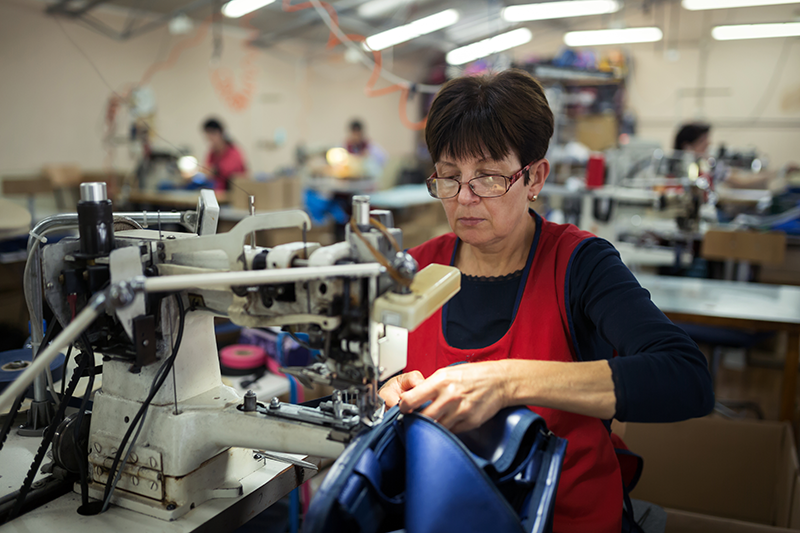
Odnosi med delodajalci in delojemalci
Sindikati, organizacije delodajalcev in javni organi imajo pomembno vlogo pri upravljanju delovnih razmerij. So tesno povezani deli sistema, ki deluje na evropski, nacionalni, panožni in regionalni ravni ter na ravni podjetja. V okviru sistemov odnosov med delodajalci in delojemalci se v zadnjih letih zaradi razvoja tehnologije in oblik dela v stalno spreminjajočem se gospodarskem okolju pojavljajo številni izzivi.
Evropska komisija je zato leta 2015 predstavila „nov začetek“ za evropski socialni dialog. V skupni izjavi iz junija 2016 so Komisija, Svet Evropske unije in socialni partnerji poudarili temeljno vlogo evropskega socialnega dialoga, ki pomembno prispeva k oblikovanju zaposlitvenih in socialnih politik EU.
- Evropska komisija: Skupna izjava o novem začetku za socialni dialog





















